A tax haven is a jurisdiction, territory, or state that offers extremely low tax rates or no tax at all compared to other sovereign states. Tax havens benefit multinationals, high net worth individuals, businesses and other elite financial institutions who have to hide their money to avoid tax. Around the world, some countries offer taxpayers or other taxpayers the most favorable terms. The annual index of financial confidentiality is established by the Tax Justice Network (TJN) and includes characteristics on tax havens 80; this is based on their level of secrecy and their offshore financial activities. In 2015, three countries were among the highest ranked offenders. it was Switzerland, the United States and Hong Kong. Tax havens mostly benefit the world’s largest elite class; wealthy people are those who often need such services. Here are some countries that serve as tax havens.
10. Switzerland
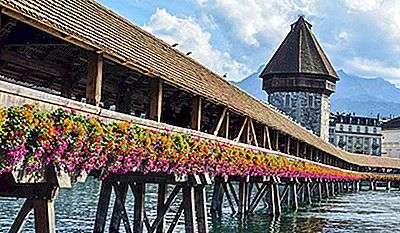
Switzerland is ranked among the main countries offering offshore banking services, one of the main sectors of its economy. The most efficient banking system makes Switzerland more popular among tax havens in Europe. However, due to international pressure, it slightly relaxed its tax secrecy laws, leaving the lobby responsible for adopting these regulations enforced by aggressive anti-bullying policy aimed at leaking information into the Internet. sector. Unlike many other legal procedures in force in European countries, obtaining a Swiss company is a very fast process. Swiss law requires that only one manager of a Swiss company be empowered to register a business.
9. Monaco
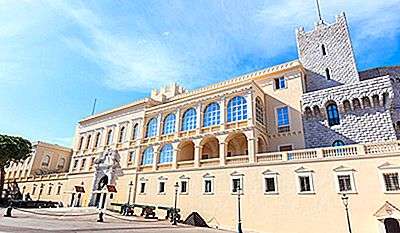
Wealthy people strongly use Monaco as a tax haven to escape their country’s taxes. Indeed, Monaco is a sovereign state and is therefore not obliged to pay taxes. Monaco does not levy income tax on certain people under certain conditions. The absence of personal income tax is mainly the reason which influenced the large number of wealthy “tax refugees”, in particular those residing in European countries which mainly generate income outside Monaco. Good examples are Formula One drivers and other less popular owners. However, for French citizens, they are obliged to pay wealth and income taxes applicable to the French government while they are resident in Monaco.
8. Bahamas
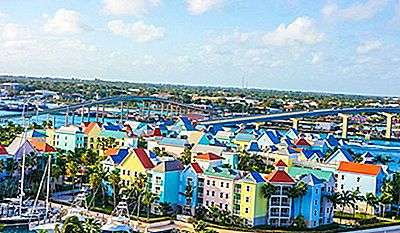
The Bahamas is among the countries listed as tax havens. The country has no personal income tax rates, capital gains tax, wealth tax and other tax benefits for both businesses and individuals. Direct taxes are not collected, therefore no double taxation agreement is concluded with other countries. However, the Bahamas has signed a tax information agreement with the United Kingdom, the United States, Canada and other states, 29 with limited disclosure in criminal matters.
7. Bermuda
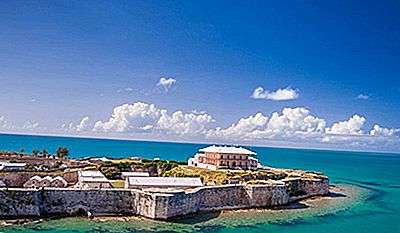
Bermuda is an offshore financial center with minimum standards for business law, regulation and direct taxation on personal and corporate income. In the absence of corporate tax, Bermuda has become a very popular place for tax evasion, and Google has injected more than $ X billion in revenue into its Bermuda subsidiary using “double tax evasion” strategies. Irish “and” Dutch Sandwich “.
6. Ireland

Although Irish officials refute claims that Ireland is a tax haven, it is often seen as such. The American pharmaceutical company Pfizer recently merged with Allergan, a company based in Ireland. This move is seen as a tax reversal strategy in which Pfizer avoided paying around $ 148 in taxes.
5. Mauritius
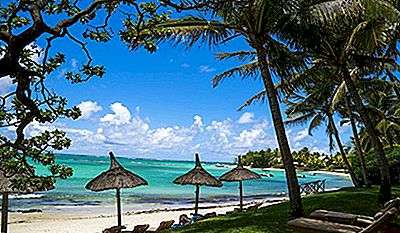
Mauritius is famous among foreign investors with a large number of international companies with established subsidiaries. In Mauritius, the corporate tax levy is very low compared to other countries. In Mauritius, interest and capital gains are not taxed and residents benefit from tax exemption due to double taxation agreements. India is a big investor, although the amendment to the protocol on the double taxation treaty between Mauritius and India was just signed in May 2016. The amendment was made due to the alienation of companies Indian residents on shares purchased by Mauritian residents.
4. Isle of Man

Low taxes also characterize the Isle of Man. The region has a relatively low income tax with a maximum of only 20%. The low taxes and the protection of assets in the region attract many companies which then structure their pension plans. However, the only people who benefit are those who have employer-sponsored retirement accounts.
3. Jersey
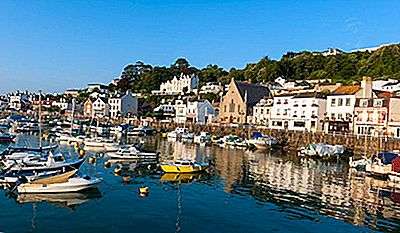
Jersey Island is known to be one of the main offshore financial accounts, ranked 16th on the financial security index for 2015. Jersey became a tax haven in the middle of the 12th century. Jersey has no capital gains or inheritance tax.
2. Luxembourg

In April 2009, Luxembourg’s reputation as a tax haven and its bank secrecy laws got a place on the “gray list” of states that have questionable banking arrangements. In this regard, Luxembourg has adopted OECD standards and has been registered as a jurisdiction applying internationally recognized tax standards. However, the Sunday Telegraph reported that $ 4 billion claims belonging to Kim Jong-Il were hidden in accounts there in March 2010. In April 2012, the Guardian reported that another beneficiary of the Luxembourg tax loopholes included Amazon.co.uk. According to the Tax Justice Network financial security index,
1. Cayman Islands
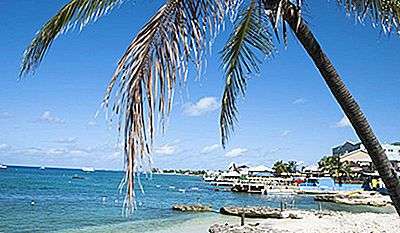
The Cayman Islands are classified 5 thmost prominent among banking centers and are also known to have international financial centers with hedge funds and investments. The country introduced the mutual fund law in 1993, which has also been adopted by other countries. The Cayman Islands are the first jurisdiction of offshore hedge funds in the world. Cayman Islands in 2014 had banking assets worth $ 1.4 billion and was home to over 11,000 mutual funds and other funds valued at 2.1 trillion dollars. It also has more than 95,000 registered companies than 140 trust companies and 200 host banks. Financial services in the Cayman Islands account for more than half of GDP. Cayman has numerous secrecy provisions and laws which could lead to imprisonment for not only revealing confidential information, but simply for requesting it. In the mid and late 1990s, offshore financial centers were put under pressure by the OECD for what were called illicit tax regimes. It was believed that the OECD was preventing low tax regimes from taking over the market, threatening the Cayman Islands with sanctions and being blacklisted.


